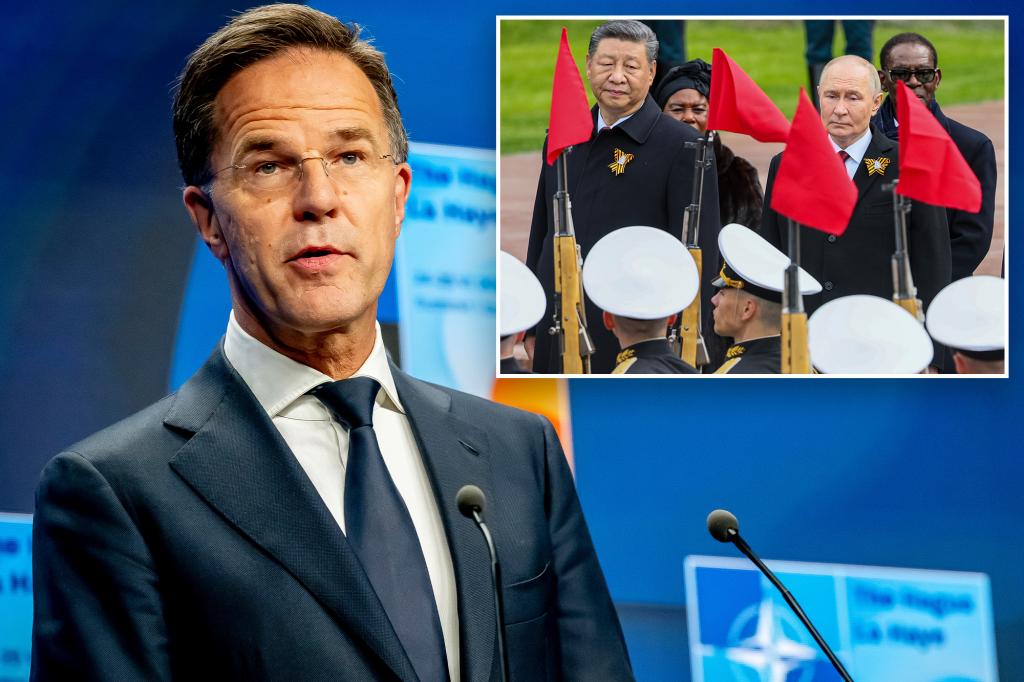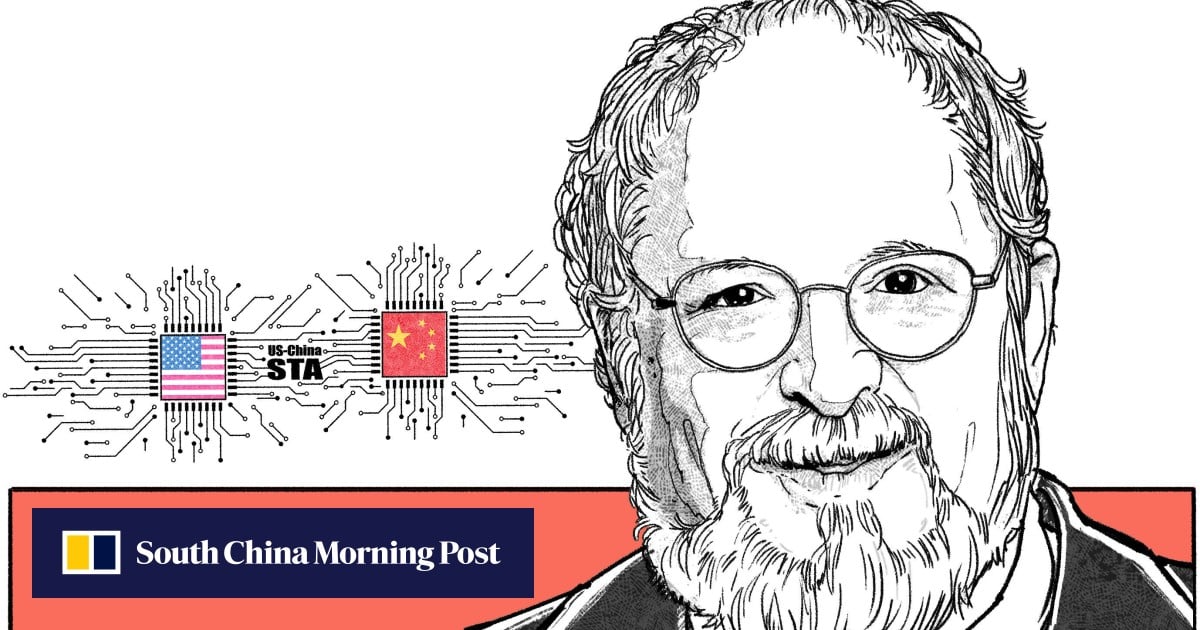Nvidia (NVDA) is facing a new threat, and it’s not a rival chipmaker. On Monday, China announced it is launching an antitrust probe into Nvidia’s $7 billion acquisition of networking technology company Mellanox.
The State Administration for Market Regulation, China’s competition authority, says it’s looking into whether Nvidia is abiding by the terms of its conditional approval of the 2020 deal, which called for the chip giant to treat Chinese companies the same as any other businesses.
Nvidia uses Mellanox’s networking hardware to connect its powerful graphics chips in large servers, allowing them to function as one massive AI processing system.
It’s not clear how Nvidia is violating the terms of the deal, though the US government has forced Nvidia to stop sales of its most powerful products to China-based customers.
The probe follows a series of US actions seeking to curb China’s ability to access American-designed and built AI chips over fears that they could end up in the hands of the Chinese military. Part of that includes cutting China off from Nvidia’s most advanced and powerful chips, including its highly coveted Hopper line of AI accelerators.
It’s difficult to tell how far China is willing to go with the investigation and what, if any, legal ramifications Nvidia will face in the country. But as the US’s current chip champion, the company has quickly become the latest and most valuable chess piece in the countries’ tit-for-tat game of economic brinksmanship that could lead to the development of two wholly separate chip industries.
“It’s potentially very worrisome that China might be using its antitrust authority to further non-antitrust outcomes,” explained Bill Baer, a visiting fellow of governance studies at the Brookings Institution’s Center for Technology Innovation.
“It’s hard to judge whether this [investigation] is on the competition merits, versus part of this broader back and forth we have been seeing and probably will see more of in the [incoming Trump] administration,” he added.
The US first banned the sale of Nvidia’s chips to China in 2022, telling the company it could no longer ship its A100 and H100 processors in an effort to keep them out of the hands of China’s military. In response, Nvidia developed two less powerful chips for the Chinese market, the A800 and H800. But the US blocked the sale of those processors as well.
Now China is firing back. And while the country could have some genuine antitrust concerns, experts say it’s not likely.
“Sometimes China applies its antitrust law in neutral ways,” David Olson, associate professor at Boston College Law School, told Yahoo Finance. “But when its strategic interests are at stake, the law can be a tool of the state. There is plenty of reason to suspect that is what’s behind its enforcement against Nvidia.”


